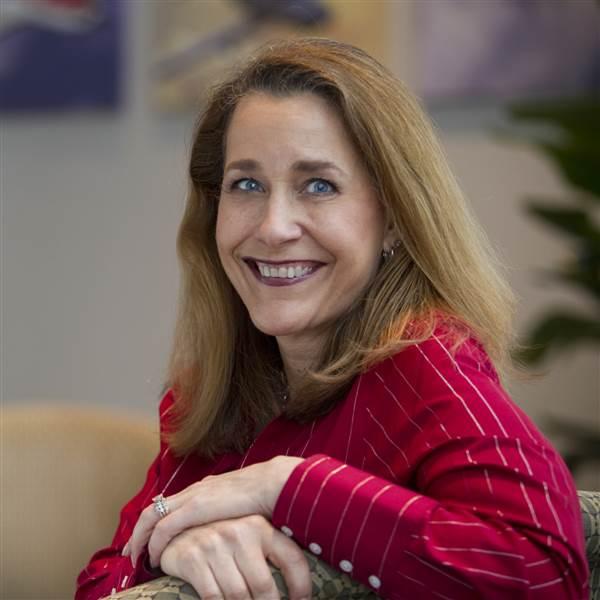When compensation is allowed
FAR 61.113, Private Pilot Privileges and Limitations: Pilot in Command, is the regulation that specifies the limitations of a pilot exercising the privileges of a private pilot certificate. Under the regulation, a private pilot may act as pilot in command of an aircraft, including carrying passengers on board the aircraft. But, FAR 61.113(a) states that "no person who holds a private pilot certificate may act as pilot in command of an aircraft that is carrying passengers or property for compensation or hire; nor may that person, for compensation or hire, act as pilot in command of an aircraft." The legal definition of "compensation" is broader than just meaning that money was exchanged. If the pilot gains any economic advantage, it could be considered compensation--for example, the acquisition (and thus building) of flight time, or the fostering of business goodwill, and excessive reimbursement of flight expenses, including payment for meals or lodging.
We can usually easily recognize the classic private operation--a pilot flying his or her own aircraft (or a rented or a borrowed aircraft) for his or her own purposes, which specifically may include carrying passengers. And, we can usually easily recognize the classic commercial operation such as the type conducted by the airlines, air taxi operators, and charter services--that is, those engaged in the business of carrying persons or property for compensation or hire. It's in between where the answer is more difficult to see, where the regulation permits some arguably commercial operations to be conducted by a private pilot.
For example, the regulation allows a pilot to exercise private pilot privileges and share expenses of a flight with passengers provided the pilot and the passenger have a common purpose in the flight. In this circumstance, the pilot is technically receiving compensation even though it is only the passengers' pro rata share of direct operating costs. However, a pilot may not share the expenses of a private flight with the passengers if the pilot's purpose is merely to build flight time or get flight instruction. In addition, private pilot privileges allow the pilot to be paid for a flight in connection with any business or employment if the flight is only incidental to the conduct of that business or employment, and to be reimbursed for direct operating expenses associated with a search-and-rescue flight. A private pilot also may be compensated, through goodwill or logged flight time, for an aircraft sales demonstration flight, or for a glider or ultralight towing flight.
So, how can you take your friends on the flight and let them pay for renting the aircraft, fuel, and oil without worrying about having a commercial operator's certificate or a commercial pilot certificate? They can't pay the entire bill, but they can share the expenses with you.
FAR 61.113(c) states, "A private pilot may not pay less than the pro rata share of the operating expenses of a flight with passengers, provided the expenses involve only fuel, oil, airport expenditures, or rental fees." Let's break it down a bit. There must be a common purpose in the flight. In other words, the pilot must want or need to travel to the same location as the passengers; it cannot be a case in which passengers want the transportation, and the pilot offers to help out. Then, the pilot may share in the expenses of the flight with the passengers. That is, the pilot may collect money toward the cost of the flight, but the pilot must also be shown to have paid his proportionate share of the expenses.
Only those out-of-pocket costs for the single flight can be shared. With a rented aircraft, the expenses incurred are directly based on the receipts collected at the end of the day--the rental, the fuel, any airport fees. Those expenses may be split evenly amongst the number of passengers, and the monies received by the pilot are appropriate. For the pilot who owns the aircraft that is being flown, then the shared expenses are limited to the direct costs incurred that day--fuel, oil, landing fees--and the pilot may not allocate a cost for indirect costs of owning the aircraft such as maintenance, hangar or tiedown fees, insurance, loan payments or interest on financing, and the like.
So, it's OK to go on a trip in the airplane with your friends and to let them pitch in to cover the costs of the flight. Just make sure it's a trip you want to take, too, and that you pay at least your proportionate share of the direct expenses for the flight.
Kathy Yodice is an attorney with Yodice Associates in Washington, D.C., which provides legal counsel to AOPA and administers AOPA's legal services plan. She is an instrument-rated private pilot.

